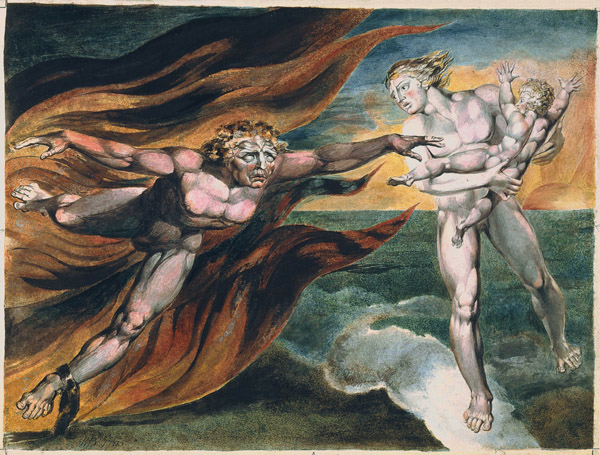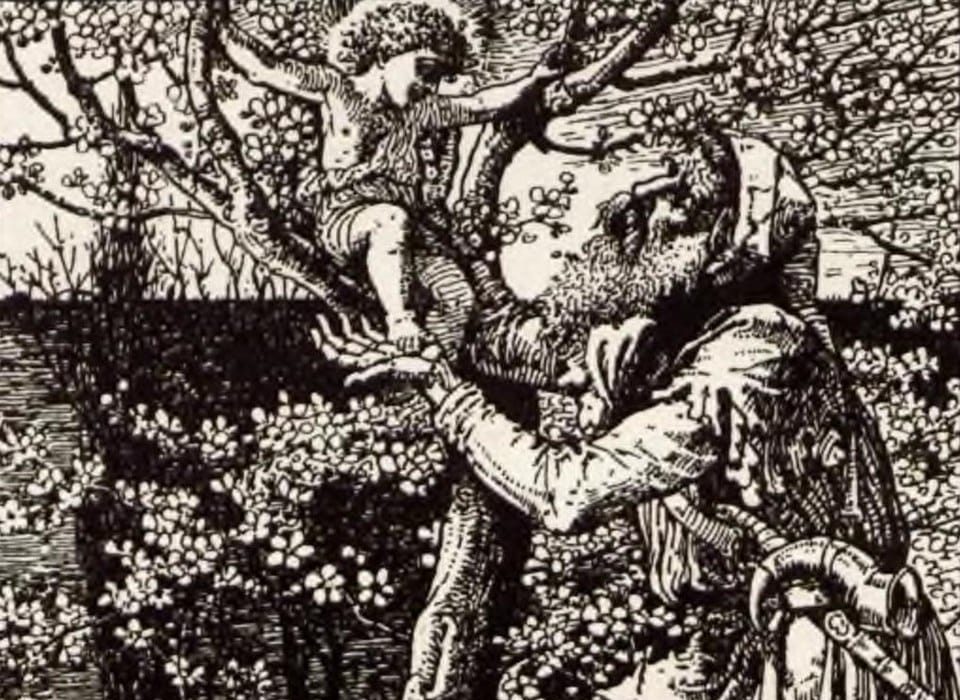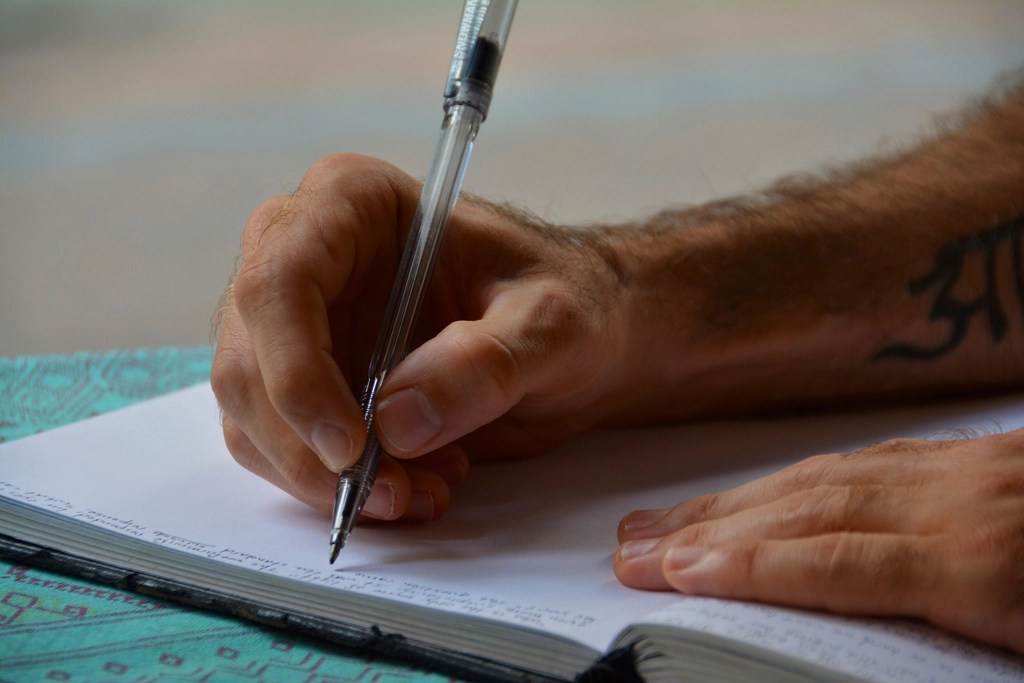What does it mean to view justice in literature?
A truly great hero in a novel is one that is muti-faceted. They embody more than just “I am a good person and I do good things.” They have layers. For instance, Randle P. McMurphy from One Flew Over the Cuckoo’s Nest by Ken Kesey is a criminal. He is also an anti-authoritarian rapscallion. However, he is also vested in helping his fellow man. Furthermore, his pursuit of what he sees as right pushes him from smalltime crook into a hero fit for the era.
Sure, he has flaws, but he also stands against Nurse Ratched and the system in the novel. Building off of this, we see a character exacting a form of justice which brings out his heroic traits. Though, we don’t need to just look at a morally ambiguous character like McMurphy for this case to be true.
Today on the blog, I would like to examine themes of justice and heroism in a few classic novels to see how these qualities effect characterization.
Defining heroism and justice
In defining heroism, I would like to keep it simple. For the purposes of this post, heroism embodies all of the cliches and Apollonian traits of humanity. These include courage, bravery, reason, order, and structure. Meanwhile, justice is “quality of being just, impartial, or fair” (Merriam-Webster). Thus, justice in literature is a character receiving “justice,” “impartiality,” and “fairness.”
Let us take a look at a few examples of heroes exuding justice in literature.
Edmond Dantes from The Count of Monte Cristo

In The Count of Monte Cristo by Alexander Dumas, the friends of Edmond Dantes trick him and convict him of consorting with Napoleon. The courts then dispatch him to Chateau d’If offshore Marseille to live out the rest of his days.
Continuing, the ideas of justice in this novel center around Dantes’ attempts to reclaim his honor and his name from a life of imprisonment without trial. Abbe Faria, Edmond’s cellmate educates him about the world and the sciences; afterward, Edmond eventually makes his way to Monte Cristo where he uses a vast treasure to both buy the island and become a count.
Dantes’ heroic abilities allow him to feed into his role as justiciar in novel. The novel plays in the world of morality and what is right, wrong, and acceptable in vengeance. Yet, envious people still wrongfully confine Dantes. By this very action, he rebels and manipulates his enemies, and it is portrayed in a heroic light.
Ponyboy Curtis from The Outsiders
The story of Ponyboy Curtis from The Outsiders is one of social unrest and the haves and the have nots. Violence rears Ponyboy in a world where such a thing is a part of everyday life. Justice in this case is justice against the opposing street gang, the Socs, who antagonize and fight against his own gang, the Greasers.
While Ponyboy and his friend Johnny are out one evening, a group of Socs confronts them and Johnny kills one in self-defense. While hiding out in an old church, a fire breaks out and both Ponyboy and Johnny become heroes by saving a group of children that are trapped inside.
In their escape from a crime (though standing for justice and exculpation), they become heroes because, deep down, they are good people. They just happen to live in a violent world. However, through their quest to live a better life away from the traumas of gang warfare–a quest for justice for themselves and their friends–they take on heroic qualities to ascertain these values.
David Copperfield from David Copperfield

In David Copperfield, David lives a life of unequal unrest after his mother remarries Mr. Murdstone, a cruel and scurrilous man. David yearns for a better life–one of impartial fairness–but is instead sent to work in a factory in London.
It is through the trials and tribulations of David that he experiences a life of highs and lows, good people and bad, but he also experiences his own heroic fortitude in handling this adversity in pursuit of justice from those who would oppress and harm him.
Conclusion
As stated, the pursuit of justice in literature brings out a great deal of heroic effort in literary characters. In McMurphy, it brought out his want to see those around him treated fairly. For Dantes, he was only looking to exact what was right and fair to restore order in his own life. Meanwhile, for Ponybody, his courageous behavior became apparent when he looked to save those around him from unfair treatment.
In this way, we can find justice as a sort of catalyst for heroic behavior. So, the next time you are reading a novel, see what elements of justice and heroism effect the characters in the story.
Works Cited
“Justice.” Merriam-Webster. Web. https://www.merriam-webster.com/dictionary/justice





Leave a comment